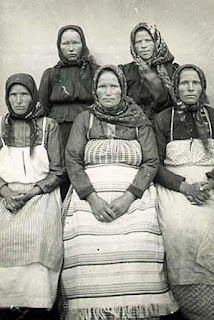 As far as the English Wikipedia is concerned, there is no red nor a blue link for the 2024 awardees of the Brewster medal. Its information ends in 2021. The German Wikipedia is up to date. There are no articles for Renée A. Duckworth and for Juan C. Reboreda on both Wikipedias, the German has two red links.
As far as the English Wikipedia is concerned, there is no red nor a blue link for the 2024 awardees of the Brewster medal. Its information ends in 2021. The German Wikipedia is up to date. There are no articles for Renée A. Duckworth and for Juan C. Reboreda on both Wikipedias, the German has two red links.
When you maintain information like this, there are three options. You can include an awardee in text or as a link and as luck will have it the link will turn red or blue. This is complicated because a link may have homonyms. With a red link you will only know an homonym issue once an article is created, with a blue link you may know immediately.
The Wikimedia Foundation solved a similar problem a long time ago for another type of link, the "interwiki link". The solution is Wikidata. It works because there is only one identifier for every topic and every article needs a link to a Wikidata item to have a more global relevance.
Thanks to the ongoing development of Wikidata, there is the Wikibase. We should do a similar job for the red and blue links. It will do away with the false friends problems in Wikipedia. It will improve quality for each Wikipedia and it will improve the quality of Wikidata. Any data related updates that are not strictly local will remain at Wikidata because that helps us in the sharing of the sum of all knowledge.
When a new a link is to be added in any of the 333+ Wikipedias, it starts with disambiguation.. Is the subject already known in any of the other Wikipedias? If not a new Wikidata item will be created and extend options in any future disambiguation. If it is, available information and references are available from the start and consequently a Scholia, a Reasonator or any other generated view of the information may become available dependent on the policies of a Wikipedia.
Implementing such a Wikibase is not really problematic because all the blue links still refer through the local Wikipedia article to Wikidata. The red links are the more tricky bit. They are opened up once they are linked to a Wikidata item.
With such a Wikibase in place, we can start doing the smart things. The Brewster medal, Q612041, could have a red or blue link to all the awardees. When they don't the article is to be reported for maintenance..
Cool?
GerardM













